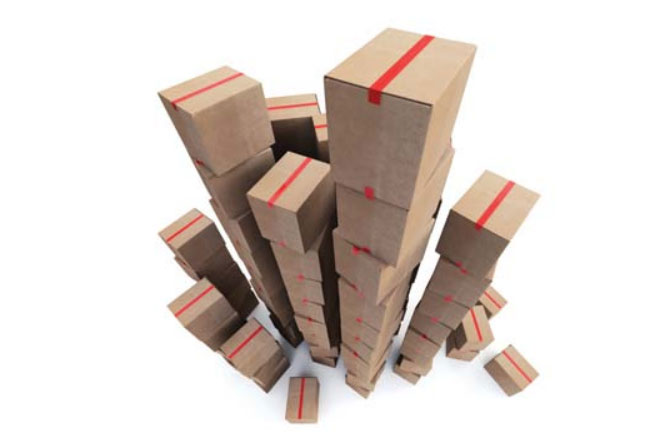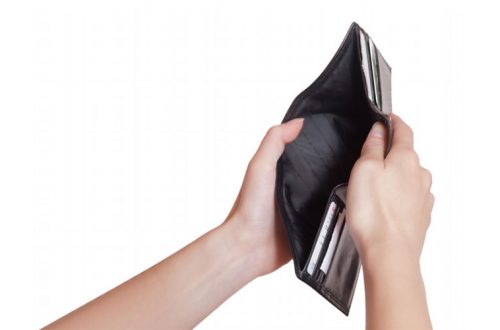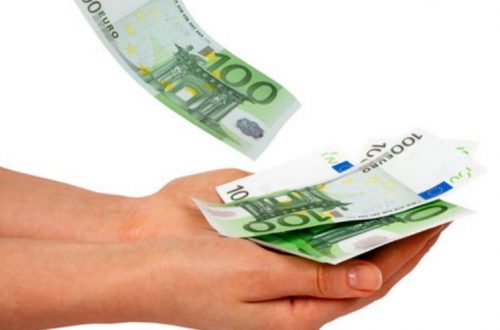
Report: BiH-A Chronic Special Case
According to BiH Statistics Agency every one of us produces around 1 kg of waste every day and this includes only the waste we produce in our households, the so-called communal or municipal waste. Annually, this amounts to 365 kg of waste per person. If we multiply this figure with 75.5, the average life expectancy in BiH, we see that every inhabitant of this country produces 27,557.5 kg of waste during his or her lifetime. This is the weight of four fairly large African elephants.
As part of the project funded by the British Embassy in BiH, “EU Stories”, Populari has published a report titled “BiH-A Chronic Special Case?” – Bosnia’s Approach to Packaging Waste Management. The paper is a study of contemporary Bosnia, its proximity to the EU standards, standard of living and economic outlook through the story of packaging waste management.
In the EU, waste is increasingly being treated as a commodity with a certain market value, and therefore a good. As such, it not only falls under the environmental protection regulations, it is also regulated by the Free Movement of Goods legislation. A system has been created that promotes the shift from waste disposal to reduction, recycling and recovery by creating market incentives for treating waste as a resource. Importance of the waste management is so significant, that EU member states almost closed its borders to each other over this matter.
Compared to the rest of the region, Bosnia’s figures on waste recovery seem like a joke. The city of Zagreb recycles 40% of its waste, and plans to increase this percentage to 70% in the upcoming period, as present figures are considered to be too low. The city of Belgrade recently introduced a system for separate collection of household waste, as part of Serbia’s National Waste Management Strategy, which foresees full introduction of European recycling standards by 2019. Sarajevo, on the other hand, recycles just over 10% of its inhabitants’ waste.
Key problem in Bosnia is a chronic lack of ambition. Unfortunately like in almost all walks of life in Bosnia, recycling trash is no exception. Following the logic, that Bosnia is a special case and even little is good enough, BiH legislators have set very low recycling quotas, much lower than the neighbouring countries and EU 27, that in fact promotes inefficiency and defeats the purpose of setting up a packaging waste management system according to EU standards.
Decision makers in Bosnia, unlike their German and Danish counterparts, seem to think that the EU Packaging Waste Directive is just another length of red tape from Brussels. The enormous economic potential of packaging has gone completely unnoticed.
With the current tempo and legislation in place at the moment Bosnia indeed remains a chronic underachiever. Instead of temporary fixes and asymmetrical implementation of the legislation in the two entities and unjustifiable postponing of obligations such as the Directive targets, it is necessary to adopt a serious approach to the issue in order to save time and money. It is time for BiH to embrace valuable lessons from other EU countries and its neighbours and start to draw on its own experience gained so far in the EU accession process. It’s about time for Bosnia to give up the concept of being a special case and turn towards real and hard work.
Due to a relatively modest number of detailed and concrete information regarding the research on how the EU accession process affects everyday lives of citizens in B&H in 2011 Populari launched a project called “EU stories”, that deals with everyday issues, but there are directly connected with the EU.
The project “EU stories”, funded by the British embassy in BiH, consists of series of case studies based on actual research on how the EU accession process affects daily lives of BiH citizens. Concrete, specific and telling case studies that reflect real issues the EU brings to BiH.
The main goal is to give at hand very well-articulated and detail evidence to policy makers in BiH, but simultaneously expose things in a way that general public finds useful. All stories offer a new angle, and enable primarily domestic actors/politicians to understand, hence influence the processes in a more tangible way, which is the most adequate approach to the EU debate.
The paper is a study of contemporary Bosnia, its proximity to the EU standards, standard of living and economic outlook through the story of packaging waste management.





